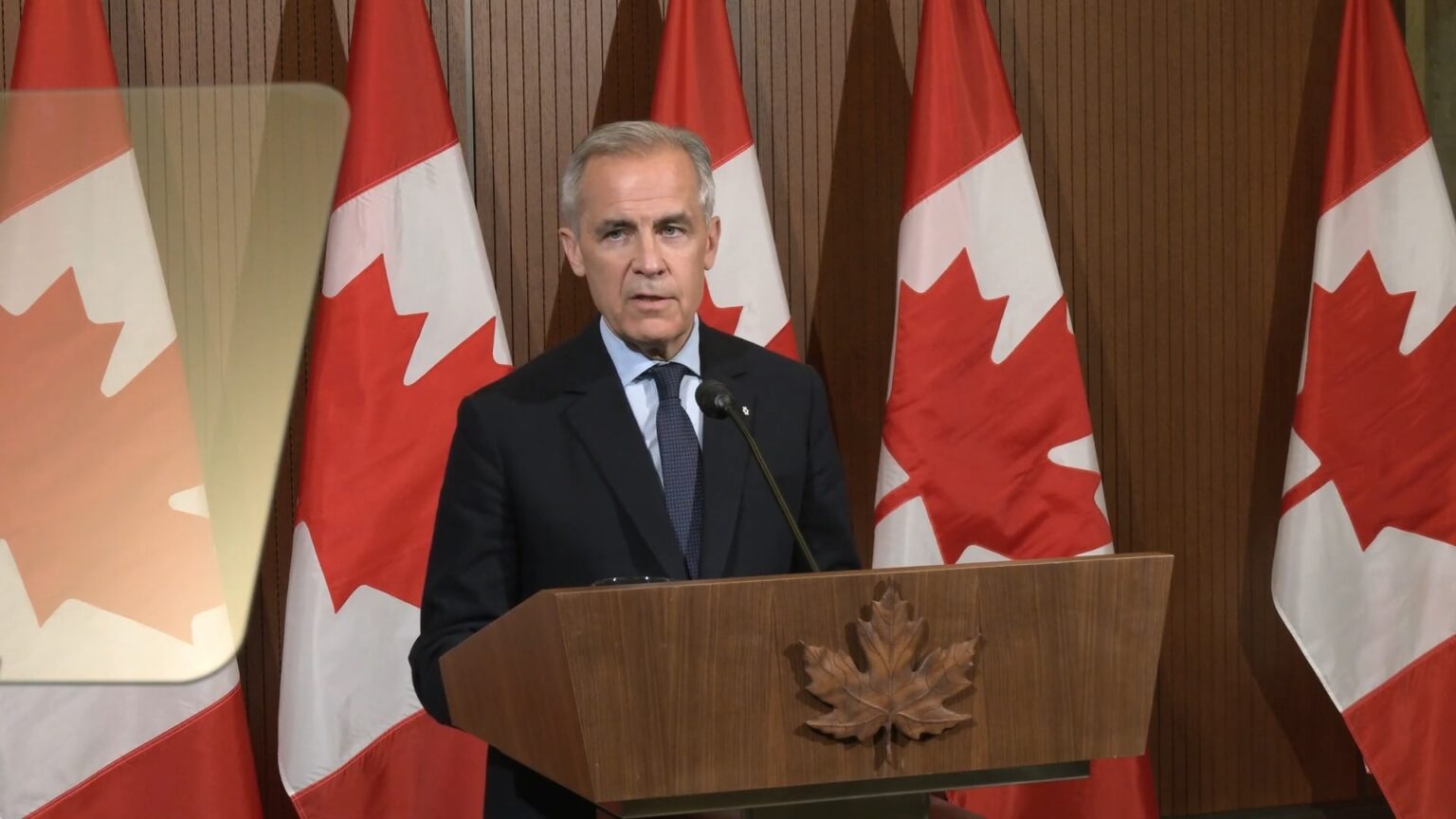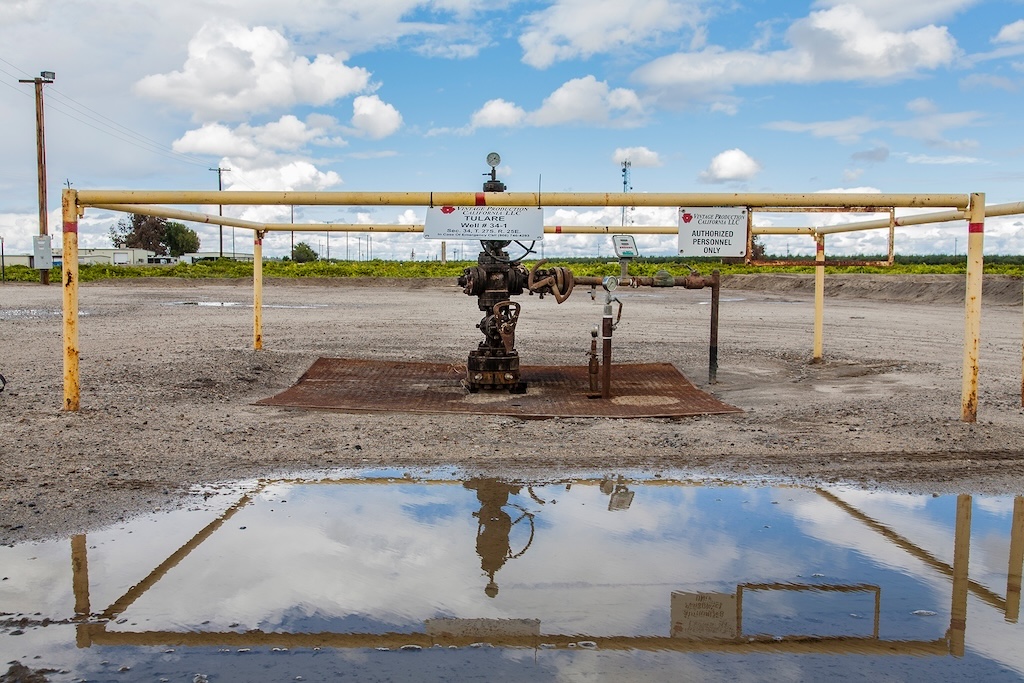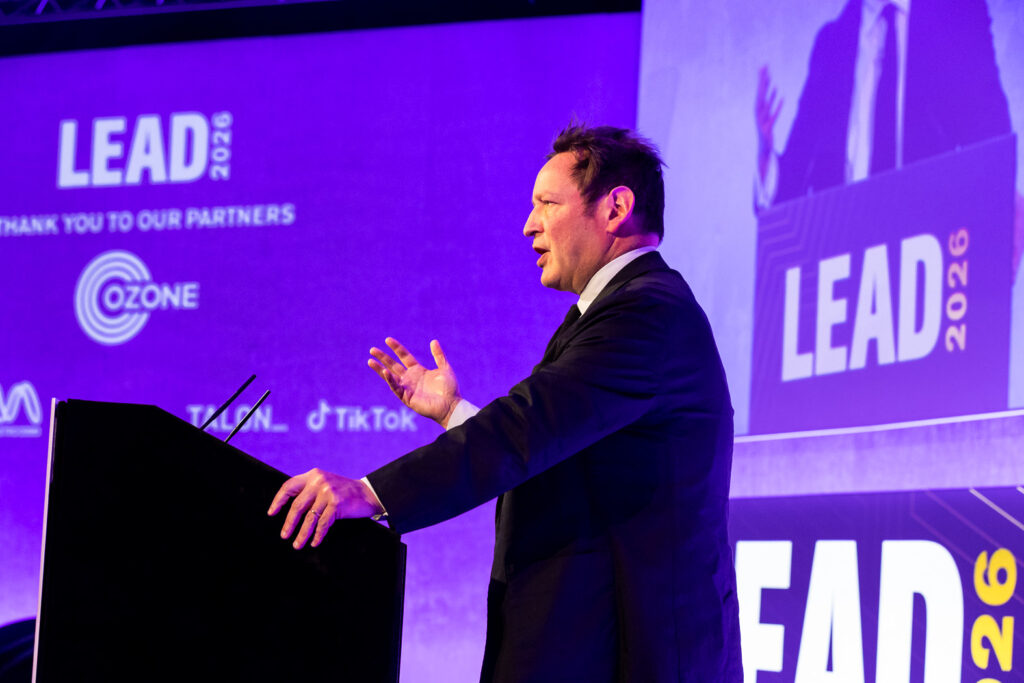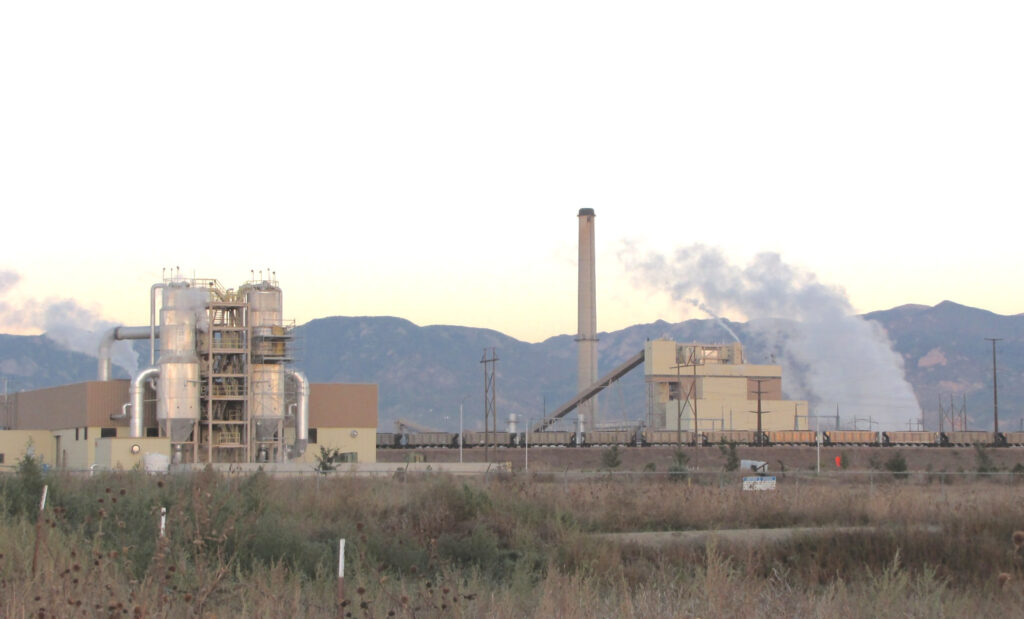“Decarbonized oil” is now apparently a thing. Prime Minister Mark Carney spoke glowingly about this mythical substance in the context of new bitumen pipelines after his meeting last week in Saskatoon with Canada’s premiers.
Alberta Premier Danielle Smith chimed in her support for carbon-free unicorn oil as part of a new “grand bargain” where Ottawa would facilitate another bitumen pipeline to tidewater in exchange for the highly profitable companies within the Pathways Alliance finally moving forward with their carbon capture and storage (CCS) project.
To be clear, decarbonized oil is as absurd as talking about vitamin cigarettes or weight-loss ice cream. Bitumen and crude oil are sold to make transportation fuels that are burned in engines and contribute to our accelerating climate emergency. These downstream emissions represent 80 percent of the carbon burden and are utterly unavoidable unless we somehow affix bags onto all the world’s tailpipes.
Pretending that we can perfectly prevent the remaining 20 percent of emissions has apparently become official public policy, and the public will likely pay the lion’s share for this fool’s errand. Besides demanding that the taxpayer provide two thirds of the upfront cost of the $16.5 billion construction costs, Pathways recently called for an end to federal industrial pricing and prevailed in Alberta to freeze their price at $95 per tonne.
Taxpayers holding the bag
As the old cowboy saying goes, Pathways is trying to ride two horses with one ass. Freezing the price of Alberta carbon credits will save them a few pennies per barrel in production costs but vastly undermine the economics of their carbon capture project. This means the Canadian taxpayer will likely end up holding the bag for billions in operational shortfalls for decades to come.
In this “grand bargain,” Premier Smith audaciously claimed that further pot-sweetening was required for Pathways members to finally pony up their portion for the long-promoted CCS project. “If you want to be able to pay for the decarbonization project, which is the Pathways project, you do need to have a new source of revenue to be able to do that, and that means a new …pipeline.”
Really? The six member companies of the Pathways Alliance had combined net revenues of $35 billion in 2022. Suncor’s CEO was paid over $36 million in 2023, or about $18,000 per hour. In spite of vast profits generated from the extraction of a publicly-owned resource, Alberta oil sands operators have repeatedly stalled taking action, demanded ever more taxpayer largess, and allowed their emissions to balloon by 143 percent since 2005.
The rest of the Canadian economy has done the difficult and expensive work to reduce overall carbon emissions by 8 percent in the last twenty years. Even the non-bitumen portion of oil and gas sector reduced GHG outputs 25 percent since 2005, while oil sands operations increased by almost threefold.
Our significant trading partners are meanwhile kicking Canada’s ass on decarbonization. Europe is on track to reduce their emissions by 54 percent by 2030 and 90 percent by 2040. Canada may instead adopt the origami logic of “decarbonized oil,” where Ottawa provides another pipeline to facilitate increased bitumen production to pay for imperfect reductions on the 20 percent of non-downstream emissions. Problem solved.
‘Stepping 20 years back’
Even if the Pathways Alliance carbon capture hub finally got built, CCS technology is far from perfect with well-known safety concerns, declining economics and poor performance. Not to worry. Smith further opined about direct-air capture, modular nuclear reactors and other phantasmal decarbonization solutions.
Whether a new pipeline gets built — or is even needed — remains in doubt. However, Smith is essentially demanding that Carney guarantee an approval to British Columbia’s north coast or she will continue to extort the rest of the country through a torqued up national unity crisis. Yet even Stephen Harper learned the hard way that it is beyond the authority of the prime minister to guarantee any pipeline approval that infringes on the constitutionally protected rights of Indigenous peoples. The Northern Gateway proposal failed primarily due to botched Indigenous consultation. Will the oil patch again over-play its hand?
Early indications for meaningful Indigenous accommodation are not encouraging. Carney’s Justice Minister Sean Fraser just said that First Nations don’t have veto over nation building projects.
The fact that First Nations were not invited to the discussion with premiers was described as “very disrespectful” by Assembly of First Nations National Chief Cindy Woodhouse Nepinak in an interview with CTV News. ”It seems like we’re stepping 20 years back…If we want to talk about fast tracking, let’s fast track the basics like clean water, quality housing, modern schools for our children and our First Nation communities, all season roads and community infrastructure, basic things like access to high-speed internet.”
Indigenous peoples also made up a large proportion of the 25,000 forced to evacuate due to wildfires raging across three Canadian provinces. Even oil sands operations had to be suspended due the early and extreme fire season in Western Canada. Reducing emissions is not an exercise in urban virtue signaling. it is an imperative to prevent a catastrophic future – and present.
The continued goodwill enjoyed by Prime Minister Carney in transforming Canada’s economy could be fleeting if he quickly bows to uncosted demands from the oil patch at the expense of Indigenous rights, fiscal prudence, and our climate future. Even the co-chair of the federal government’s climate action advisory group slammed Carney for trotting out terms like decarbonized oil. “The government is going to embarrass itself by using such industry and marketing speak,” said Simon Donner, a climate scientist at the University of British Columbia.
Ouch.
Subscribe to our newsletter
Stay up to date with DeSmog news and alerts






